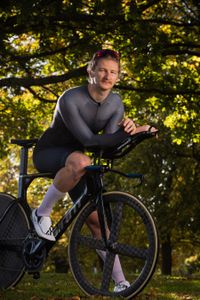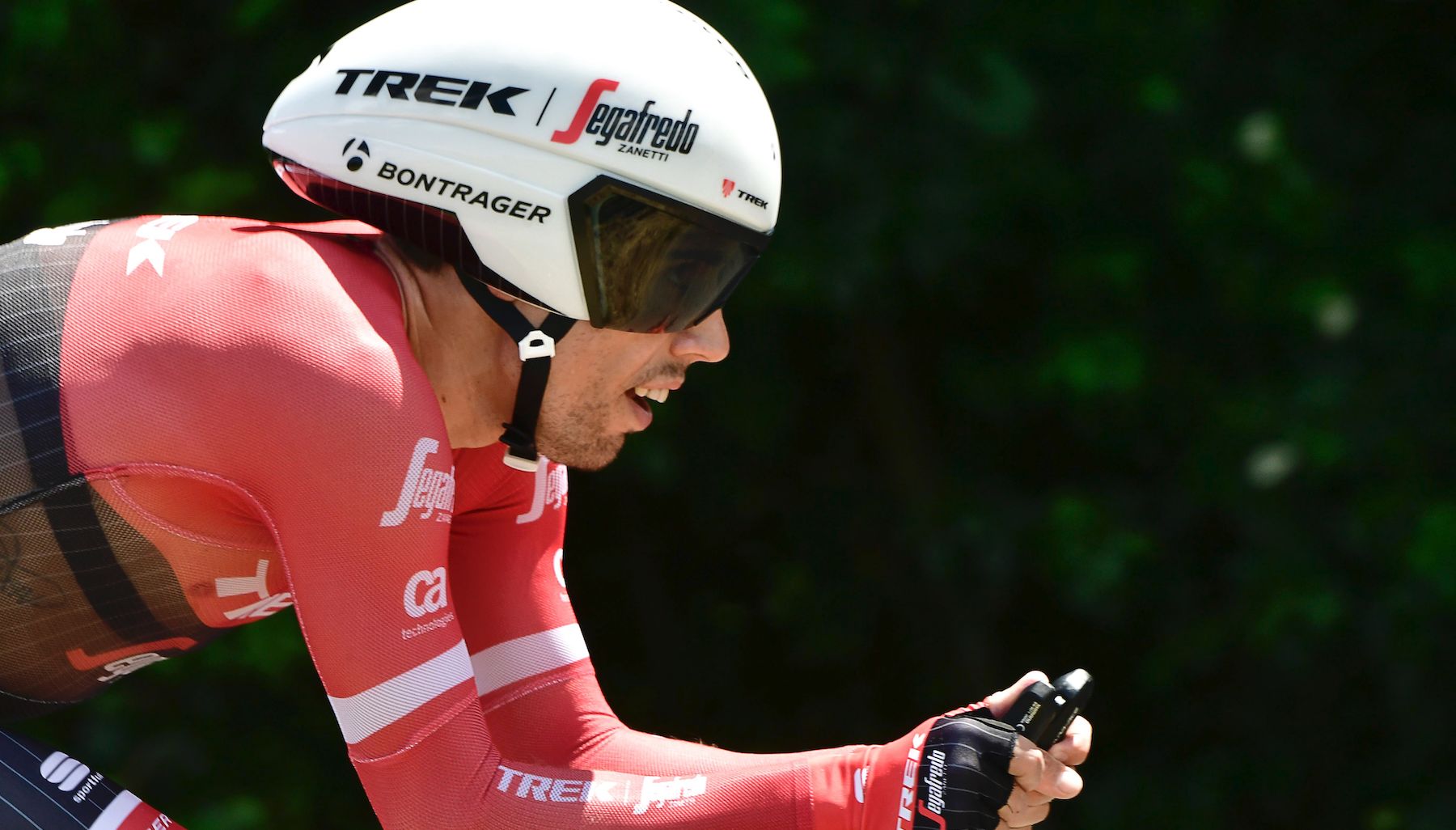Doping ban for former Trek-Segafredo rider upheld after his appeal fails
The Court of Arbitration for Sport upheld the four-year ban for the 36-year-old


The latest race content, interviews, features, reviews and expert buying guides, direct to your inbox!
You are now subscribed
Your newsletter sign-up was successful
The doping ban for former Trek-Segafredo rider André Cardoso has been upheld after his appeal failed.
Cardoso, who tested positive for synthetic EPO in 2017, attempted to appeal his four-year ban with the Court of Arbitration for Sport (CAS).
But the CAS has now dismissed the 36-year-old’s and upholding the initial ban given to him by the UCI.
The Portuguese rider was suspended on the eve of the 2017 Tour de France after he returned a positive test for recombinant Erythropoietin (EPO) in an out-of-competition test.
Following the positive Test, Cardoso released a statement denying any wrongdoing, saying: “Getting the chance to ride at the pinnacle of professional cycling is the greatest honour I could ever hope for, and I was looking forward to doing my best for my team and myself at the Tour.
“I believe in clean sport and have always conducted myself as a clean athlete, but I realise that this news puts a dark cloud on not just myself but also on our sport and my team, teammates and staff."
More than a year after he was suspended, the UCI then announced that Cardoso had been banned for four years.
The latest race content, interviews, features, reviews and expert buying guides, direct to your inbox!
In early 2020, Cardoso appeared in court for a milestone doping ban appeal, as he is believed to be the first cyclist to choose to publicly appeal.
Cardoso’s lawyers attempted to argue that the UCI could not prove the rider had taken EPO.
But on Monday (May 10) the UCI announced that the CAS had ruled Cardoso had committed an anti-doping rule violation, based on analysis of his A-sample along with corroborating and expert evidence.
The UCI said: “The Union Cycliste Internationale (UCI) announces that the Court of Arbitration for Sport (CAS) has dismissed the appeal filed by Mr. André Cardoso against the decision rendered by the UCI Anti-Doping Tribunal (UCI ADT) on November 15, 2018.
“The CAS confirmed that Mr. Cardoso committed an Anti-Doping Rule Violation (ADRV) and upheld the four-year period of ineligibility imposed on him by the UCI ADT.”
>>> Police take down 'industrial-scale' doping lab in Spain, seize three million drug doses
The UCI said that Cardoso has now lodged an appeal with the Swiss Federal Supreme Court, but added that his ban will be upheld unless the court overrules it.
Cardoso, who began his career in 2006, rode for Garmin-Sharp and Cannondale teams at WorldTour level between 2014 and 2016, before moving to Trek at the start of the 2017 season.
He won one race in his career before the ban, stage 10 of the Volta a Portugal in 2011, where he finished second overall.
Alex Ballinger is editor of BikeBiz magazine, the leading publication for the UK cycle industry, and is the former digital news editor for CyclingWeekly.com. After gaining experience in local newsrooms, national newspapers and in digital journalism, Alex found his calling in cycling, first as a reporter, then as news editor responsible for Cycling Weekly's online news output, and now as the editor of BikeBiz. Since pro cycling first captured his heart during the 2010 Tour de France (specifically the Contador-Schleck battle) Alex covered three Tours de France, multiple editions of the Tour of Britain, and the World Championships, while both writing and video presenting for Cycling Weekly. He also specialises in fitness writing, often throwing himself into the deep end to help readers improve their own power numbers. Away from the desk, Alex can be found racing time trials, riding BMX and mountain bikes, or exploring off-road on his gravel bike. He’s also an avid gamer, and can usually be found buried in an eclectic selection of books.
